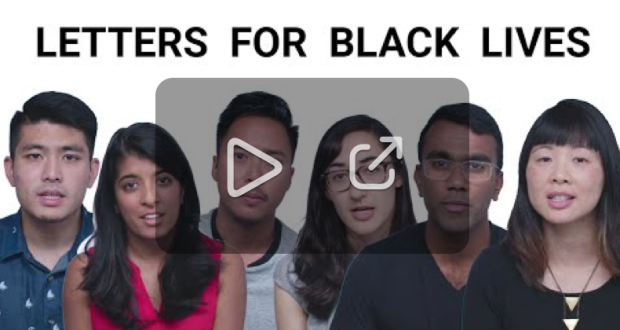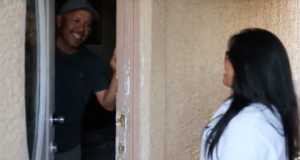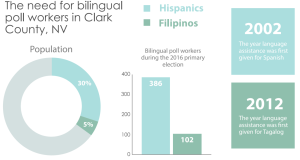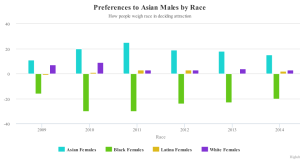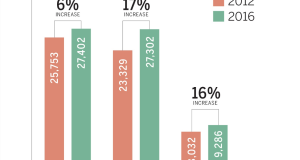In an open letter addressed to their families, Asian Americans have developed a way to convey their support for the Black Lives Matter movement to their immigrant relatives.
Letters for Black Lives is an online crowdsourced communication that voices the concerns of people of color specifically for the black community. It’s been translated into over 35 languages.
“Mom, Dad, Uncle, Auntie, Grandfather, Grandmother: We need to talk,” the letter reads. “You may not have grown up around people who are Black, but I have. Black people are a fundamental part of my life: they are my friends, my classmates and teammates, my roommates, my family. Today, I’m scared for them.”
The letter began as a contribution to the Black Lives Matter movement after the fatal police shooting of Philando Castile in Minnesota.
Tim Huey, a community liaison for Letters for Black Lives, said the project was originally focused on reaching out to monolithic, non-English speaking Asian American communities.
“This issue is less accessible when there’s a language barrier,” Huey said. “Generally the community is dependent on language media services that frame (Black Lives Matter) in a certain way based on the media’s political interest.”
For many communities, there were subtle variations in the translation of the letter. For instance, the Korean version also talks about the Los Angeles riots of 1992 and the South Asian version talks about colonialism in India, said Cordelia Yu, a coordinator for the project.
“What I found really gratifying was the openness, willingness to get suggestions and to make adjustments – which is something not all startup-type ventures are willing to do,” Huey said.
The project’s next goal is to draft follow-up letters, Huey added.
Yu said the letters have led to families initiating discussions on difficult topics.
“One [response] that stands out to me, I think because I’m not Buddhist, is the idea that life is suffering, therefore they should learn to deal with it,” Yu said. “I didn’t think that would be an actual argument that people would have, but now I’m hearing that some communities are actually having that conversation with their own families.”
Sara Onitsuka, a coordinator for the project, found Letters for Black Lives through Twitter.
“Like a lot of people, I had felt so frustrated during the days following the killings of Alton Sterling (an unarmed black man killed in a Louisiana police shooting) and Philando Castile,” she wrote in an email. “I knew that a single letter wouldn’t end anti-blackness, but even taking a step in the right direction felt huge. And it was something so personal to me, something that we could really confront within our own communities.”
Yu got involved in Letters for Black Lives a few hours after it was created – in a Google Doc. Yu helped edit the original English version and coordinated communities as more people continued to work on the document.
“I don’t have the vocabulary to talk about it in Chinese, but I do have the vocabulary in English. I really wanted to work on something that helped confront this in our own communities,” Yu said.
“We didn’t just come up with one letter that tries to talk to all Asian Americans,” Yu added. “Having each language actually talk to our family and our community beyond the fact that we’re all Asian American is the most powerful part of this.”
 VOICES Publishing from the AAJA National Convention
VOICES Publishing from the AAJA National Convention

